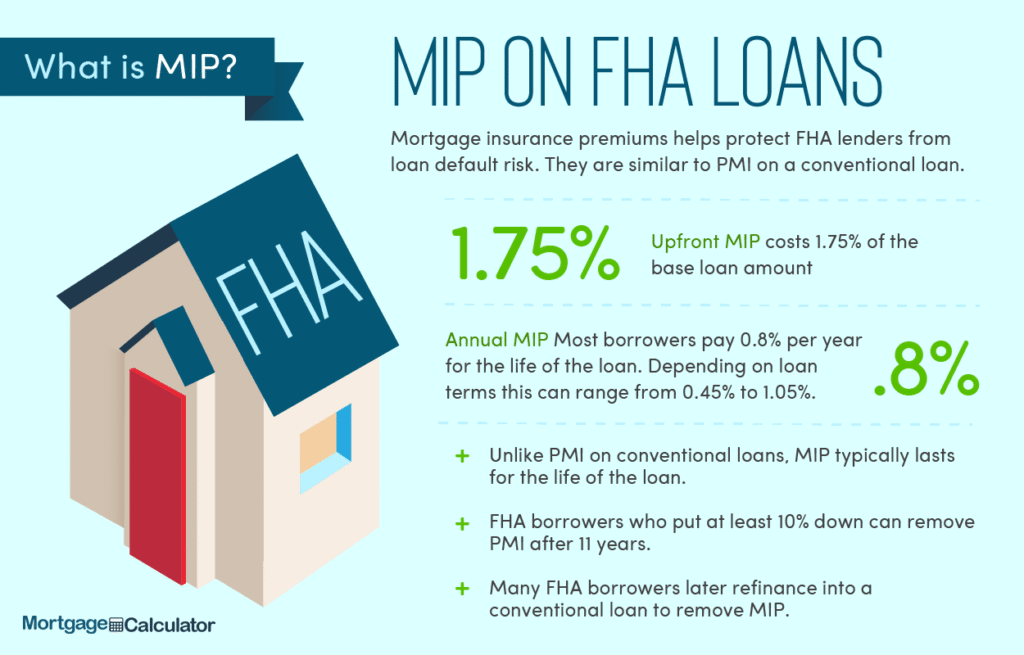Navigating the financial waters as a US-based entrepreneur or freelancer can be challenging, but with the right strategies and knowledge, you can secure your financial future and grow your business. Whether you’re just starting out or looking to optimize your existing financial plan, this post will provide you with valuable tips and advice to steer you in the right direction.
Understanding Your Financial Landscape
As an entrepreneur or freelancer, your financial landscape is unique. Unlike traditional employees, your income may be irregular, making financial planning even more crucial. Begin by assessing your current financial situation—identify your income sources, track your expenses, and understand your tax obligations. 
Establishing a Budget
The cornerstone of sound financial management is a well-structured budget. Determine your fixed expenses, such as rent and insurance, and your variable expenses, like utilities and groceries. This will help you forecast your financial needs and prioritize your spending.
Creating an Emergency Fund
An emergency fund is essential for weathering periods of low income or unexpected expenses. Aim to save at least three to six months’ worth of living expenses. This fund will provide you with a financial buffer and peace of mind.
Understanding Taxes for Freelancers
Tax obligations can be particularly complex for freelancers and entrepreneurs. Familiarize yourself with self-employment tax, quarterly estimated tax payments, and tax deductions. Consulting with a tax professional can save you time and money. 
Choosing the Right Business Structure
Selecting the appropriate business structure (e.g., sole proprietorship, LLC, S Corporation) can have significant tax implications and affect your liability. Consider consulting a legal expert to determine the best structure for your business.
Debt Management
Managing debt effectively is crucial. Prioritize high-interest debt, consider refinancing options, and maintain a good credit score. Avoid accruing new debt by following your budget closely.
Investing in Your Business
Reinvesting profits back into your business can fuel growth. Identify areas for expansion or improvement, such as marketing, technology, or new product lines. Consider seeking external investment or loans only when necessary.
Retirement Planning
Don’t neglect your retirement savings. Options for freelancers and entrepreneurs include SEP IRAs, Solo 401(k) plans, and traditional or Roth IRAs. Start contributing early and regularly to build a substantial retirement fund. 
Protecting Your Business with Insurance
Insurance can protect your business from unforeseen events. Evaluate your need for liability insurance, property insurance, and professional indemnity insurance to safeguard your business and personal assets.
Improving Cash Flow
Effective cash flow management is vital for the health of your business. Invoice promptly, follow up on late payments, and maintain a cash reserve. Consider offering incentives for early payments and penalties for late payments to improve cash flow.
Smart Use of Credit
Credit can be a powerful tool if used wisely. It can help you manage cash flow and invest in opportunities. Be mindful of interest rates and repayment terms, and avoid overleveraging your business.
Expanding Your Income Sources
Diversifying your income can reduce financial risk. Explore new markets, add complementary services or products, and consider passive income opportunities. [IMAGE_4_HERE]
Networking and Partnerships
Building a strong network and forming strategic partnerships can open new business opportunities and revenue streams. Attend industry events, join professional associations, and connect with fellow entrepreneurs online.
Maintaining Work-Life Balance
Financial health is crucial, but so is maintaining a healthy work-life balance. Set boundaries for work hours, take regular breaks, and prioritize time for yourself and your loved ones. This balance is essential for long-term success and well-being.
Staying Informed
Keep up with financial trends, tax law changes, and industry news. Resources like financial podcasts, blogs, and webinars, along with professional consultants, can provide you with the knowledge to make informed decisions.
Utilizing Technology
Technology can streamline financial management and operations. Invest in accounting software, budgeting tools, and project management apps to save time and increase efficiency.
Leveraging Social Media for Marketing
Social media is a powerful, cost-effective tool for marketing your business. Develop a strategy that engages your target audience, promotes your brand, and drives business growth.
Committing to Continuous Learning
The world of entrepreneurship is constantly evolving. Commit to lifelong learning by attending workshops, taking courses, and reading extensively in your field. This commitment will keep you and your business competitive.
In conclusion, navigating the financial aspects of freelancing and entrepreneurship requires diligence, planning, and a proactive approach. By implementing the strategies discussed in this post, you can build a strong financial foundation for your business. Remember, seeking advice from professionals like accountants and legal advisors is crucial in areas where you need expert guidance.
Frequently Asked Questions
How do I start saving for an emergency fund? Begin by setting a monthly savings goal and automate transfers to a savings account dedicated to your emergency fund. Gradually increase your savings rate as your income grows.
What’s the best way to manage irregular income? Base your budget on your lowest-expected income month, save during high-income periods to cover low-income periods, and keep a strict record of all income and expenses to predict future financial needs accurately.
How often should I review my financial plan? It’s advisable to review your financial plan at least once a year or whenever there’s a significant change in your business or personal life that could affect your financial situation.
Should I hire a financial advisor? If managing your business’s finances becomes too complex or time-consuming, hiring a financial advisor can provide personalized advice and help you make informed financial decisions.
Can I mix personal and business finances? It’s crucial to keep personal and business finances separate to simplify tax preparation, track business growth, and maintain clear financial records for potential investors or loans.


